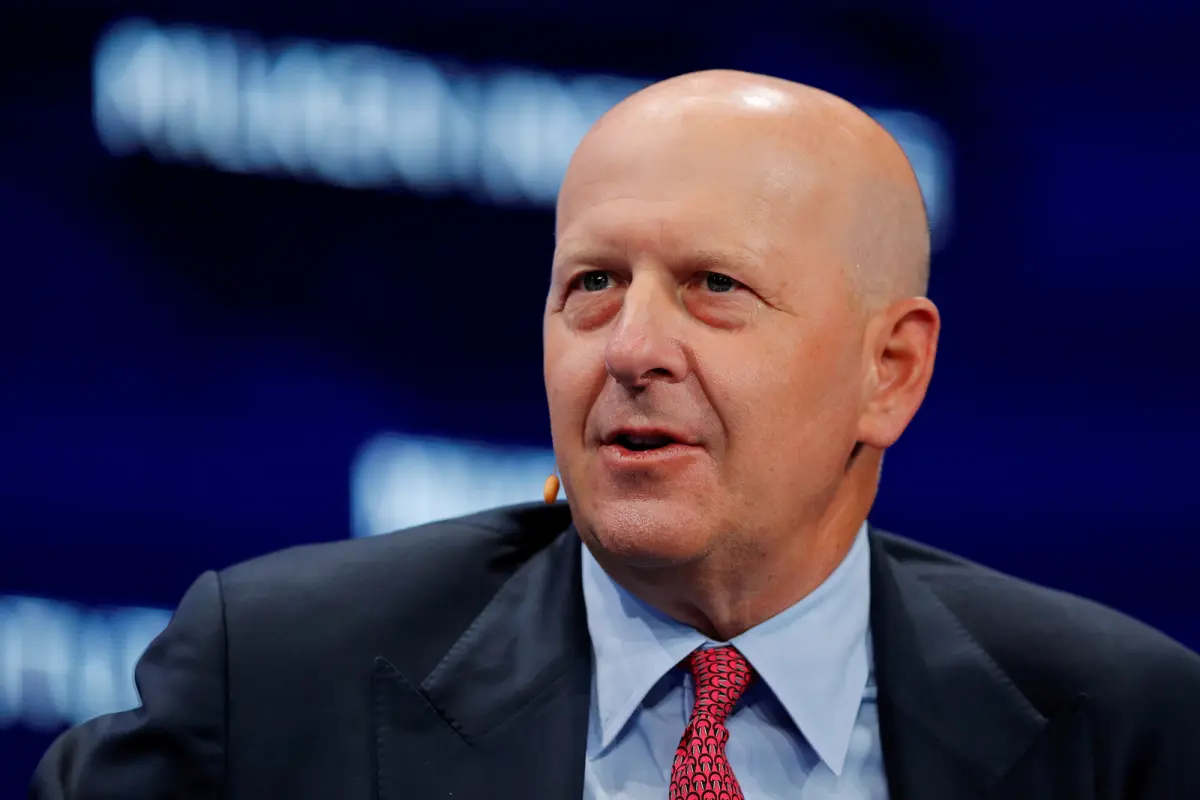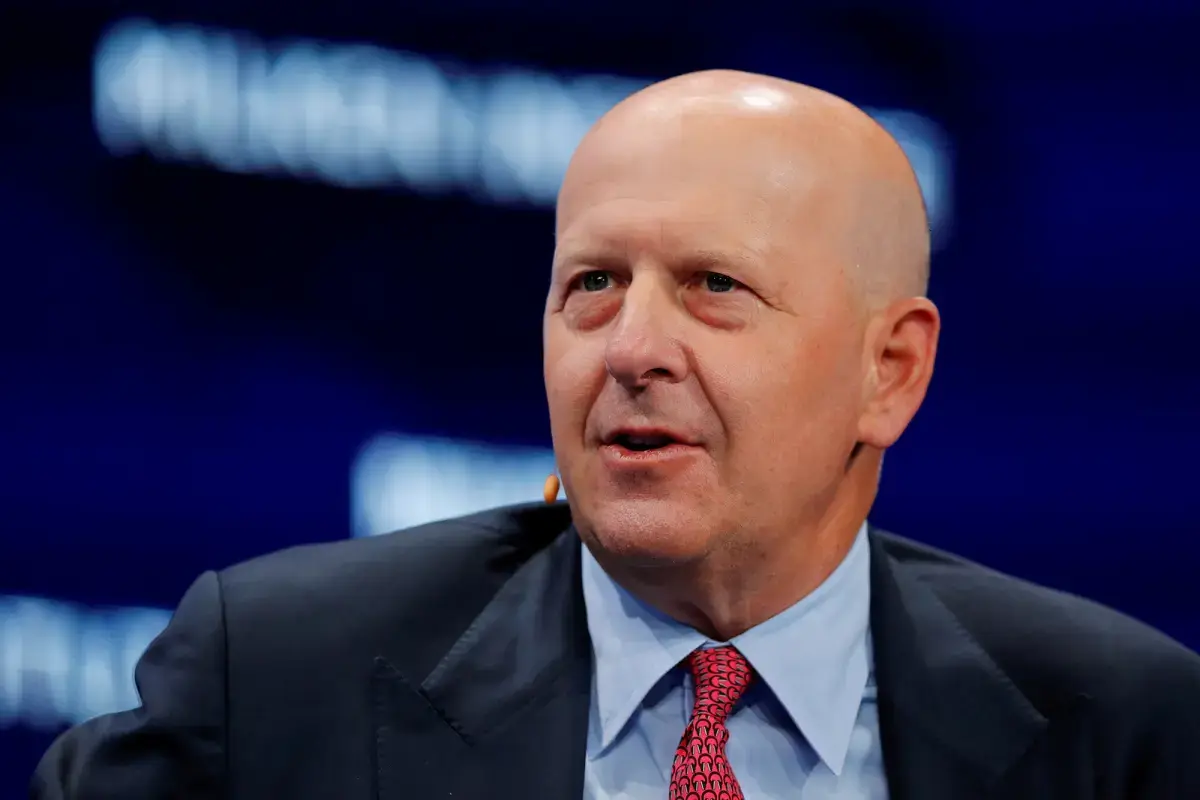
While many fear the AI boom could become another dot-com style frenzy, Goldman Sachs stays confident in the technology’s long-term potential.
Goldman Sachs in its latest investor update said AI boom is still in its primary stage, defending that the massive spending on AI infrastructure today will seem little compared to the benefits it’s set to create. The bank’s analysts said the broad economic potential of generative AI justifies the current wave of investments and will remain sustainable as long as firm expect long-term payoffs.
The enduring worth that artificial intelligence will produce through efficiency improvements is significantly greater than the initial investments, Goldman stated. Over the long run, it noted, the implementation of AI could contribute about twenty trillion dollars to the American economy. Artificial intelligence, according to the firm, is already providing those benefits in efficiency when applied correctly.
Not everyone concurs. Former Meta executive and British lawmaker Nick Clegg stated to CNBC that he observes a “fairly high” likelihood of an AI market adjustment, adding, “There’s an intense burst of almost constant, hourly deal-making.” Goldman, however, disagrees. The present capital expenditure on artificial intelligence, it mentioned, was not an issue and is, indeed, suitable, considering possible long-term returns.
The prolonged worth artificial intelligence will create in efficiency advancements is immensely greater than the initial expenditures, Goldman asserted. Eventually, it mentioned, AI implementation could increase the United States economy by twenty trillion dollars. Artificial intelligence, according to the firm, is already yielding those improvements in efficiency when utilized properly. Within the upcoming 10 years, it anticipates implementation.
The only possible obstacle, Goldman stated, was that shareholders are wagering heavily on firms early in the phase. Initial entrants are not always the eventual victors in contests like this. “The current AI industry framework provides little transparency into whether present-day AI front-runners will be long-term AI champions,” Goldman experts wrote.
GB NEWS INDIA | Category: Breaking News


